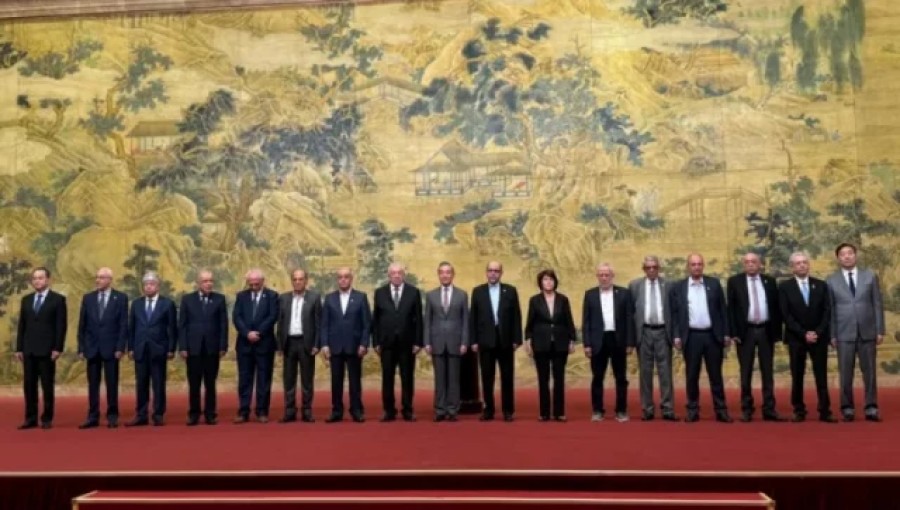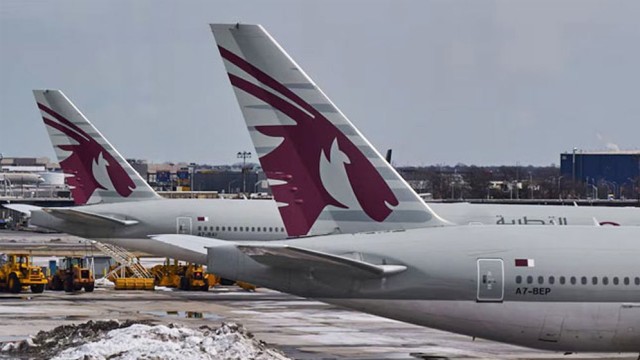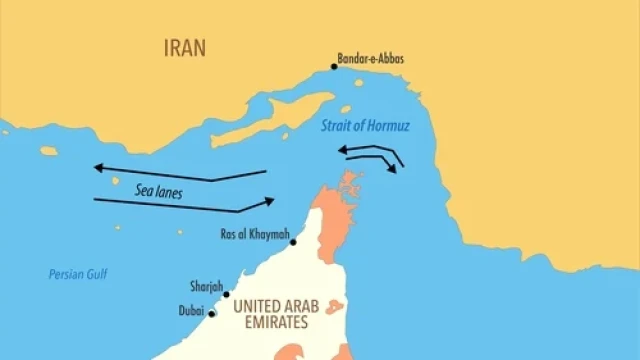Gaza City, July 25 — In a significant move towards reconciliation, Hamas, the pro-independence group in the Gaza Strip, has agreed to collaborate with various parties, including the Fatah movement based in the West Bank, to establish 'national unity' in Palestine. The agreement, which aims to foster cooperation among the factions, has been signed by representatives from multiple Palestinian parties.
According to a report by Iran-based media outlet Perstoday, the agreement was signed during a meeting with Chinese Foreign Minister Wang Yi on Tuesday. The meeting included representatives from Hamas, Islamic Jihad, the Fatah Movement, the Popular Front for the Liberation of Palestine (PFLP), and the Democratic Front for the Liberation of Palestine (DFLP), among others. In total, 12 Palestinian parties have signed the agreement alongside Hamas and Fatah.
Musa Abu Marzouk, a member of Hamas's political wing, stated, "Today we are signing an agreement aimed at national unity, and we are committed to maintaining national unity." This sentiment was echoed by Hamas spokesman Hossam Badran, who called the agreement 'an additional positive step towards achieving Palestinian national unity' in a statement posted on Telegram.
The Chinese Foreign Ministry expressed support for the unity efforts, with a spokesperson stating that China hopes for the establishment of an independent Palestinian state and sees China and Palestine as mutual partners. The Chinese involvement underscores the international interest in resolving the longstanding Palestinian internal conflict.
High-level representatives of 14 Palestinian parties participated in the reconciliation dialogue held in Beijing from July 21 to 23, culminating in a joint declaration. Wang Yi emphasized the importance of this agreement, highlighting the participants' commitment to forming a government of national unity following the conclusion of the Gaza war.
The agreement represents a potential turning point in Palestinian politics, which has been marred by division since Hamas's electoral victory in Gaza in 2006. The subsequent political crisis led to the dissolution of the unity government by Palestinian President and Fatah leader Mahmoud Abbas in 2007. Hamas then ousted Fatah from Gaza, establishing itself as the sole ruler of the Gaza Strip, while the Fatah-led Palestinian Authority took control of parts of the occupied West Bank.
This new effort at unity aims to overcome the deep-seated divisions and foster a cooperative approach to governance and peace in the region. The formation of an "interim government of national unity" to govern Gaza after the war is seen as a critical step towards lasting peace and stability for the Palestinian people.































Comment: